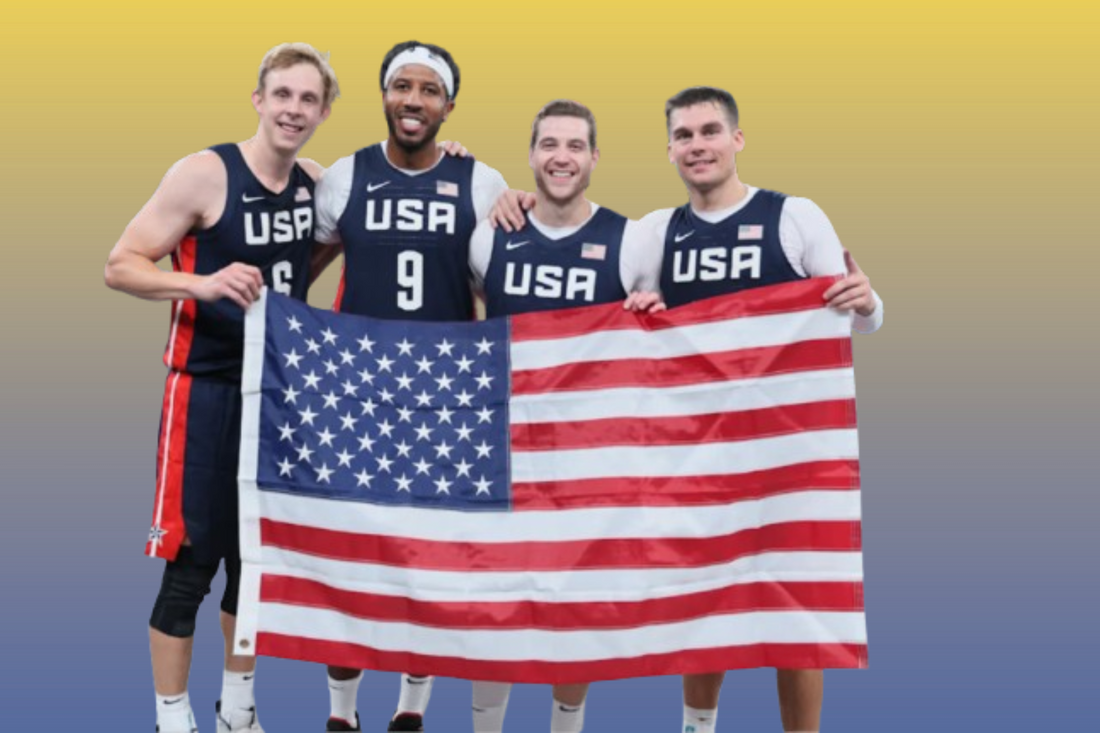
Do you have to be American to be on Team USA?
By Jayson Panganiban May 13, 2024 08:15
The concept of national representation in sports has long been a topic of debate, particularly when it comes to teams like Team USA.
The question of whether one has to be American to compete for Team USA is a complex one that delves into the realms of nationality, eligibility criteria, and the evolving nature of sports in a globalized world.
In this article, we will explore the criteria for joining Team USA, the eligibility of non-citizens to represent the United States in international competitions, and the impact of globalization on the composition of national sports teams.
The Criteria for Joining Team USA
Team USA, as the name suggests, represents the United States in various international sporting events, including the Olympics, World Championships, and other global competitions.
The criteria for joining Team USA are primarily based on the rules and regulations set forth by the governing bodies of each sport. In most cases, athletes must be citizens or permanent residents of the United States to compete for Team USA. But there are some exceptions and special provisions that allow non-citizens to represent the country in certain sports.
Non-Citizens Representing Team USA
While the general requirement for representing Team USA is American citizenship or permanent residency, there are instances where non-citizens have been permitted to compete for the United States on the international stage.
One notable example is the inclusion of foreign-born athletes who have obtained US citizenship through naturalization.
This process allows individuals who have fulfilled the necessary residency and eligibility requirements to become citizens of the United States and subsequently compete for Team USA.
Also, some sports have specific eligibility rules that permit non-citizens to represent the United States in international competitions.
For example, in sports where the United States is seeking to field the most competitive team possible, exceptional non-citizen athletes may be granted the opportunity to compete for Team USA, provided they meet the eligibility criteria set by the respective sports federations.
This approach is often seen in sports such as track and field, where exceptional international athletes may choose to represent the United States after meeting the necessary criteria.
Impact of Globalization on National Sports Teams
The impact of globalization on national sports teams, including Team USA, cannot be overlooked.
In an increasingly interconnected world, the boundaries between nations are becoming more fluid, and the movement of athletes across borders is more common than ever. This phenomenon has led to a more diverse and globalized composition of national sports teams, including Team USA.
Athletes with dual citizenship, international backgrounds, or connections to multiple countries are increasingly prevalent in the sporting world, leading to a more inclusive and cosmopolitan approach to national team representation.
This globalization of sports has also sparked discussions about the essence of national identity in the context of athletic competition.
While traditional notions of national teams being exclusively composed of citizens have been prevalent, the evolving landscape of sports and the increasing mobility of athletes have challenged these notions.
As a result, the eligibility criteria for national team representation have adapted to accommodate the changing dynamics of the sporting world, allowing for greater inclusivity while maintaining the spirit of representing a nation on the global stage.
The question of whether one has to be American to be on Team USA is multifaceted and dynamic.
While American citizenship or permanent residency is the general requirement for representing the United States in international sports competitions, there are exceptions and provisions that allow for non-citizens to compete for Team USA under specific circumstances.
The impact of globalization has also played a significant role in shaping the composition of national sports teams, leading to a more diverse and inclusive approach to national representation.


































































